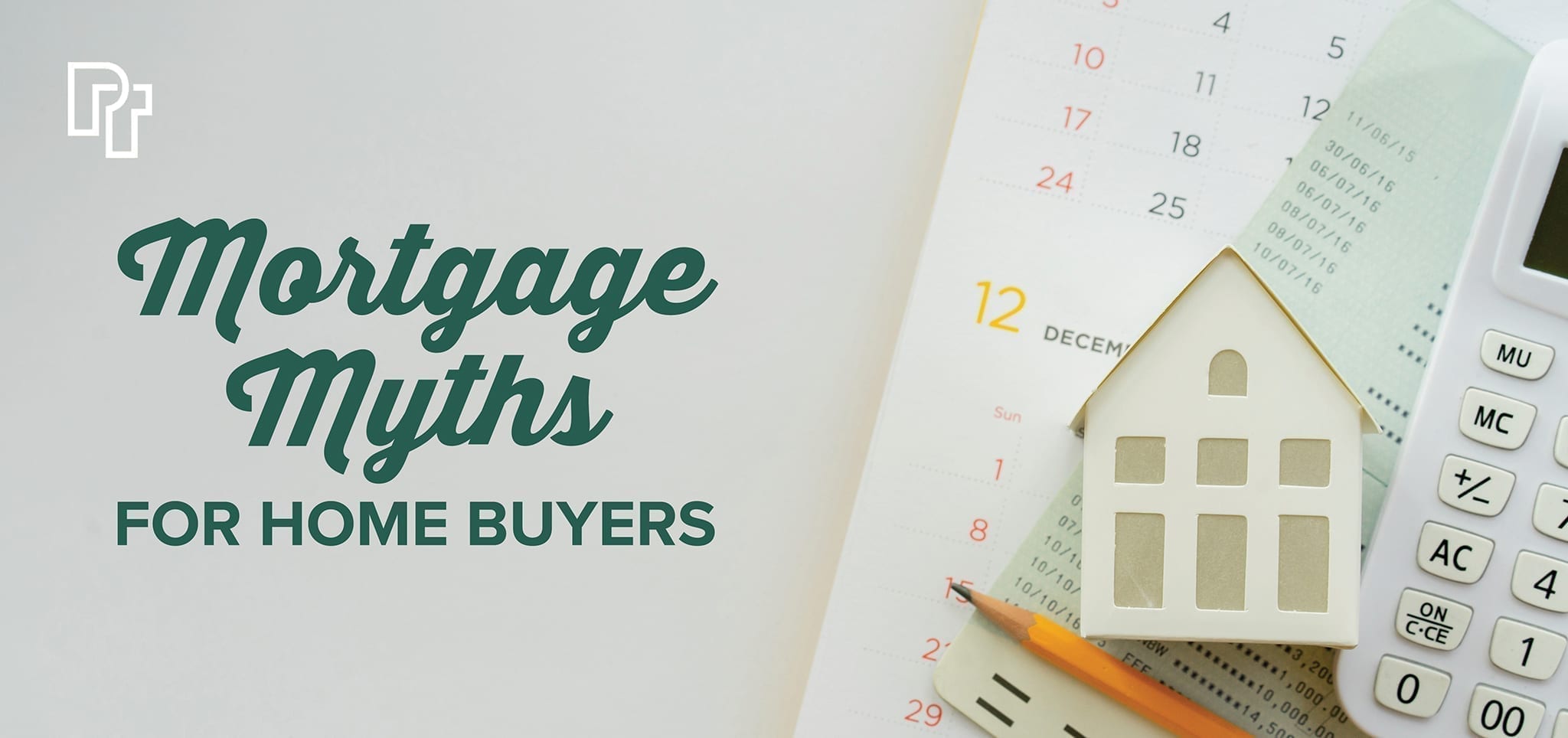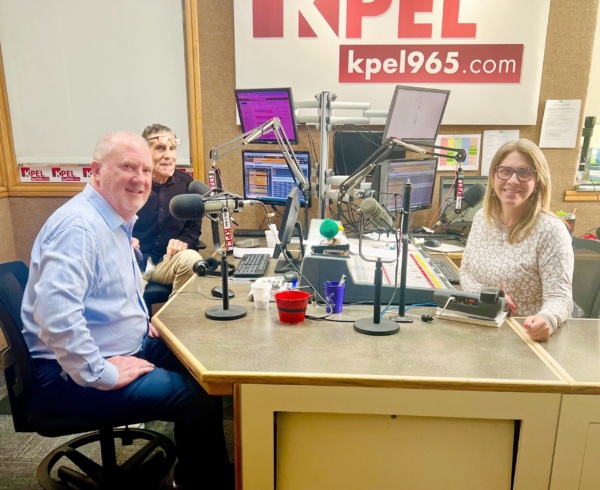Getting a mortgage can be overwhelming, especially for first-time home buyers who have never been through the process. To make matters worse, there is a lot of misinformation surrounding mortgages that can scare home buyers into thinking they can’t buy a home.
David Stapp with Louisiana Mortgage Associates debunks five of the most common mortgage myths that may be keeping home buyers away from their dream homes.
1. Myth: You must have perfect credit to qualify to purchase a home. If you have bad credit, you will not qualify for a mortgage.
One of the most common myths surrounding mortgages is that if you don’t have a perfect credit score, you can never buy a home. Stapp asserts if that were the case, there wouldn’t be many homes getting purchased. The truth is that credit scores can be improved, so home buyers shouldn’t give up their dream. “I consult with some clients who are attempting to buy a home and they have been told in the past that they cannot buy a home due to their “bad credit” and pretty much end it at that. But low credit/bad credit scores are fixable,” he says.
“I compare it to leaks in a dam, or cuts on a patient. There will continue to be leaks/bleeding unless the cracks/wounds are identified and mended. At that point, time is a cure all. Once the issue is identified and resolved and minimum payments are routinely being made, you will see the credit score rise monthly and will accelerate as time passes. Most see a significant rise in scores within 60 days if everything is current and paid on time,” says Stapp.
And it isn’t necessary to improve to “perfect” scores in the 800s. “Generally speaking, the minimum score in the post-COVID era where risk for investors has increased is 620. If you are in the low 600s or high 500s, that score is attainable if proper action is taken.”
So there’s no need to give up the homeownership dream just because your credit isn’t perfect.
2. Myth: Getting pre-qualified and getting pre-approved are the same thing.
The two are not the same. The key difference between the two is the level of verification the lender does before giving the borrower an estimate.
Pre-qualification is based on hearsay, says Stapp. The lender collects basic financial information that is self-reported by the borrower. The end result is a rough estimate of how much the lender can afford to take out in a loan.
Pre-approval is based on factual data that has been verified by the lender, explains Stapp. The borrower may be required to submit financial documents or allow the lender to pull a credit report and review credit scores before getting pre-approved.
In general, a pre-qualification is good when searching for a lender to work with but won’t allow you to make an offer on a home. You will want to get a pre-approval before shopping for a home. Just remember that though some institutions use the terms interchangeably, they are not the same.
3. Myth: If you have debt you cannot buy a home.
Most people have some kind of debt. “If you do not have any debt, you may be a unicorn,” quips Stapp. “In reality, your debt will be paired against your income to provide lenders with a debt-to-income ratio to determine whether or not you can afford to buy a house. The goal would then be to keep that balance under control and under a certain threshold to maintain eligibility,” he explains.
That’s because the higher your debt-to-income ratio, the riskier you are as a borrower. So having debt doesn’t automatically disqualify you from being able to secure a mortgage. Your debt-to-income ratio, which is a percentage calculation representing the percent of your monthly income that goes toward debt and recurring expenses, is what lenders consider when assessing your risk.
4. Myth: A down payment on a home is the only upfront cost.
“A down payment is one piece – a very large piece – of the puzzle,” says Stapp. You will also have to cover closing costs, home inspection fees, utilities set up costs, and other expenses for purchasing and readying a new house, he notes.
The closing costs, however, will probably be the biggest ticket items outside of the down payment. “They are a cumulative effect of all the costs surrounding the actual transaction,” explains Stapp. Closing costs include the lender’s services fees, the title attorney’s work, upfront payments for homeowners and any other insurances for the first year, an appraisal of the property, and other various costs. All of this is in addition to the down payment, the combination of which is due at closing, notes Stapp.
5. Myth: Home buyers need to pay 20% down to purchase a home.
This is perhaps the most misleading myth and the one that most often prevents home buyers from exploring a home purchase, says Stapp. In fact, there are a number of different avenues for loans that require far less down payment than the traditional 20 percent.
Stapp shares examples of some loan products that are available to home buyers and the amount of down payment for each:
- First-Time Home Buyers/Conventional financing = 3% minimum down payment required
- Non-First-Time Home Buyers/Conventional financing = 5% minimum down payment required
- FHA financing = 3.5% minimum down payment required
- VA financing = 0% minimum down payment required
- Rural Development/USDA financing = 0% minimum down payment required
Having the 20 percent to put down may be ideal in a lot of circumstances, but it isn’t required for buying a home in every circumstance.
As a home buyer, don’t let these myths hold you back from home ownership. The most important thing is to educate yourself and consult with your lender to separate fact from fiction when buying a home.
David Stapp is ready to answer any inquiries you may have about home buying and mortgages. He can be reached by phone at 337-288-1736 or email at dstapp@swlahome.com.







